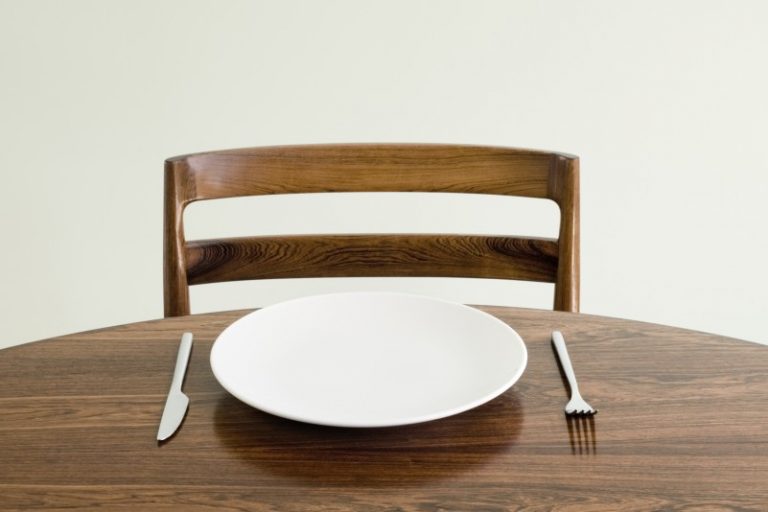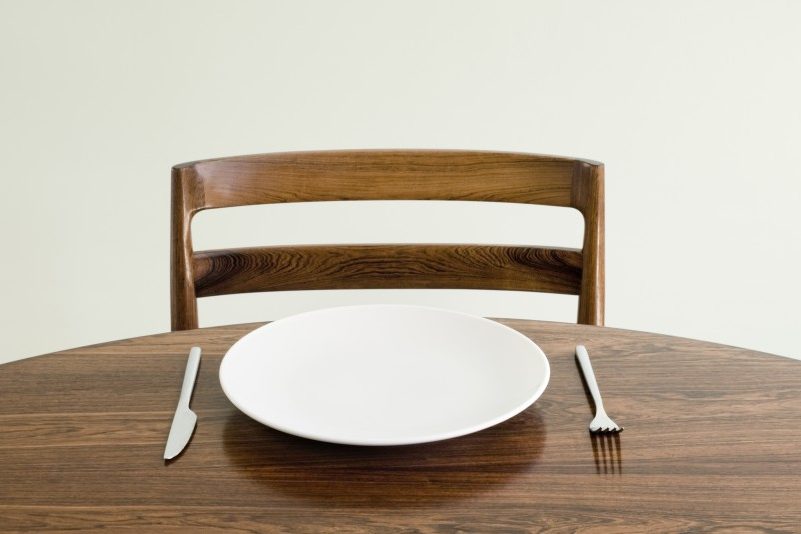 On Thursday, October 9th, when the sun sets and the first stars appear in the sky, Yom Kippur 2008/5769 will end. After fasting for over 24 hours and spending a day in prayer and contemplation, asking for forgiveness, it’s time to gather with family and friends to celebrate our hopes for a good new year. In my home the guests gather and we fill ourselves up with laughter, memories, camaraderie and good food.
On Thursday, October 9th, when the sun sets and the first stars appear in the sky, Yom Kippur 2008/5769 will end. After fasting for over 24 hours and spending a day in prayer and contemplation, asking for forgiveness, it’s time to gather with family and friends to celebrate our hopes for a good new year. In my home the guests gather and we fill ourselves up with laughter, memories, camaraderie and good food.
Everyone is hungry. The smell of fresh coffee coming from the kitchen is like liberation, luring people to a quick sip and maybe just a nibble of a little “something” to quell the hunger pangs — a cookie or a triangle of pita dipped into a mound of creamy hummus.
But really, we are all eager for dinner, an actual meal.
You can almost predict what’s on the menu in many households across the country – there’ll be smoked salmon, whitefish, herring, fresh bagels. There’s plenty to recommend this selection. Smoked fish is delicious, it’s easy on the stomach and no cooking is needed.
But it’s not the menu in my house. (My daughter Gillian has a life-threatening allergy to fish and it would be unthinkable to serve it.) Although there are a few favorite dishes that I make year after year, our break-the-fast menu has varied over time to reflect inevitable changes and the ebb and flow of guests. Some older people have passed on or retired out of state; new babies have been born. Younger adults want to contribute some special recipe to the mix. Culinary fashions have changed too and there are more ingredients than ever from which to choose. Thousands of new kosher products get certified all the time. We can cook almost anything we want and there’s a whole world of flavors and foods out there to be savored.
Over the years I’ve found that what works best for a break-the-fast meal are dairy or vegetarian dishes that can be made ahead and rewarmed quickly, as well as salads made with whole grains, beans or pasta, vegetables, cheese and eggs. All these foods are light and don’t overwhelm an empty stomach, but they are also filling enough to satisfy the hungry horde.
One mainstay of our menu is Spinach Pie, a recipe included in my book, Hip Kosher. I always have one of these pies in my freezer because it’s an all-year dish for my family. The pie stores well for at least two months, properly frozen. This classic Greek dish combines spinach, onions, eggs and feta cheese. Sometimes I add sautéed mushrooms. You spoon the filling into a baking dish, cover it with phyllo dough and bake it until it’s browned and crispy on top. I once made the dish with fresh spinach, but it didn’t taste different than the frozen kind, so I never bothered with that again. Rather than use the frozen chopped spinach that most recipes recommend though, I buy leaf spinach. The whole leaves hold up better and have a better texture. You don’t need to cook the spinach: let it thaw and squeeze out as much of the water as you can (I use a clean kitchen towel for this job).
Greek style Spinach Pie is usually made with phyllo pastry. Only four sheets are needed, separated by melted butter. But if you’re intimidated by fragile phyllo dough, substitute frozen puff pastry: place one sheet of dough over the filling (you may have to trim it), brush with some beaten egg and then bake it.
Another menu must-have for our break-the-fast is salad made with barley, farro, buckwheat, quinoa or brown rice. These grains are all made more or less the same way: cook until tender and fluffy, add some cooked vegetables and flavor with vinaigrette dressing. Whole grain salad is particularly well suited to partner with Spinach Pie, not only because of the contrast of hot and cool, but also because the colorful tidbits — sunny kernels of corn, bright green peas, shards of purple onion and rich red tomato — are a cheery addition to the holiday table.
Like most salads, you can vary this one as suits your family’s tastes and your own creative leanings. Use lima beans or chick peas instead of one of the other vegetables. Replace the onion with scallion. Add chunks of goat cheese or mozzarella, cut up olives or marinated artichoke hearts. You get the point.
Vinaigrette dressing also calls out for change — you can make the one I’ve suggested in the recipe for Barley Salad with Peas, Tomatoes and Corn; it has a refreshing herbal quality because I like to use freshly chopped oregano and parsley (you can switch to thyme, basil and so on) but when it isn’t holiday time I add spicier elements such as harissa or schug to the mix.
Most people think you can’t make salad in advance. Not so. Prepare everything ahead, including the dressing in a separate container. Keep the salad ingredients together in a large serving bowl. A few minutes before serving, mix the dressing, pour it over the ingredients, let it rest about 5 minutes and serve. It’s always a good idea to serve grain salads at room temperature or just slightly cool.
With these two staples on hand, we’ve experimented with other dishes as accompaniments. We’ve had quiche, blintzes, Bulgur Wheat with Lentils, Caramelized Onions, and Mushrooms (there’s a recipe in Hip Kosher) and a variety of kugels, both traditional and contemporary. This year I am going to serve Couscous Salad with Macadamia Nuts; it’s got a light, refreshing lemony dressing and the nuts add a satisfying crunch. It’s also healthy and goes with Spinach Pie and a whole grain salad.
In remembrance of days gone by, we’ll have homemade Challah. I make a huge one but there’s never a crumb left. I use my grandmother’s recipe, the one our family has relied on for generations. And I’ll bake Mandel Bread as well – no one wants to miss out on that! (The recipe is old, but I must confess that I’ve changed it over the years and now stuff the loaves with dried fruit and chocolate chips).
Like the expression goes, there’s something old, something new at our break-the-fast.
There’s another expression I like to remember too. My mother always used to say — in Yiddish — “the wheel keeps turning.” In our family, as we look around the room over our full plates, we always think about this and the changing face of friends and family as the years go by. Last year there was a new baby. This year, someone moved too far away to come. But we pass on our tradition of getting together to celebrate, to be thankful for life and to enjoy our pies, salads and each other.
Ronnie Fein has been a freelance food and lifestyle writer since 1980. She currently writes regular features for the food and community sections of daily newspapers and has written articles for Newsday, Cook’s Illustrated, Consumer’s Digest, Connecticut magazine, and many other publications. She operates the Ronnie Fein School of Creative Cooking in Stamford, Connecticut and is the author of three cookbooks, the most recent is Hip Kosher (DaCapo, 2008).

